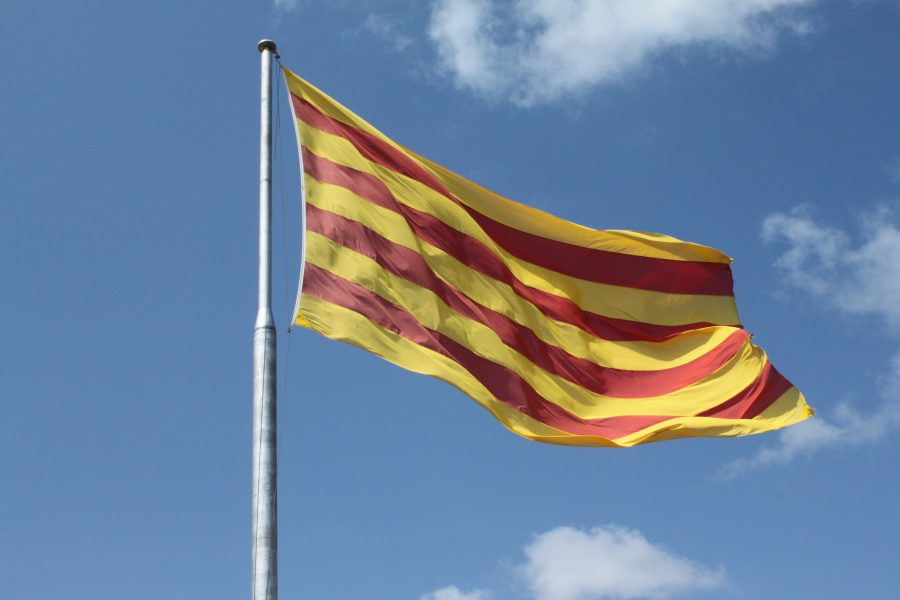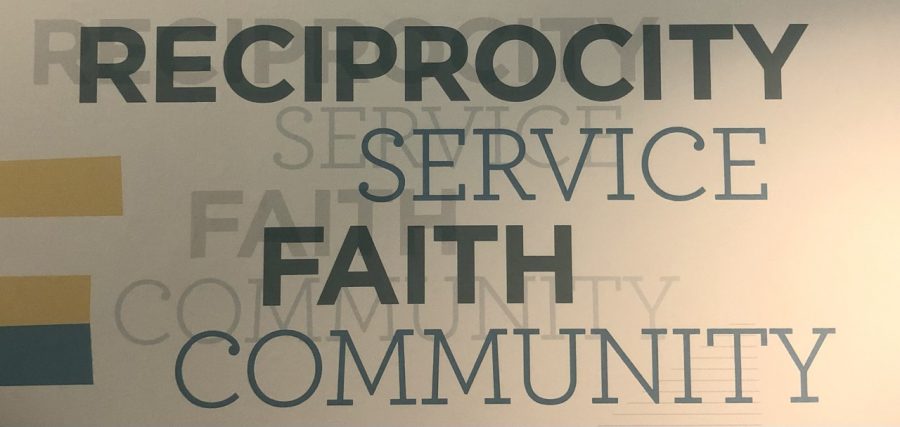Many people have heard about the bitter standoff between the pro-independents in Catalonia, Spain and the central government in Madrid. Catalan President Carles Puigdemont made a special declaration to address the referendum that supported independence and the pushback from Spanish President Mariano Rajoy on Tuesday. Puigdemont has decided to support the move to independence, but will postpone the declaration until after more meetings with the central Spanish government in Madrid.
“Spain’s current territorial division, basically a federal state, has given all autonomous regions a great deal of self-government, but Catalonia’s government is trying to secede from Spain,” Dr. Ana Gomez-Perez, chairwoman of the Modern Languages Department and Spanish native, said.
But why should this matter, to us in the United States, and how will Catalonia’s decision affect economic and political connections globally?
Globally, Catalonia’s move to diverge from Spain is part of the nationalistic trend toward separatism, as seen by Brexit. If Puigdemont moves forward with the break from Spain, Catalonia could be removed from the European Union, and Puigdemont could be arrested by the Spanish government.
According to Gomez-Perez, the threat of secession goes against the EU, as it “supports Spain and is afraid of the possible contagion of a unilateral secession in other parts of Europe.”
For Spain, Catalonia’s independence could be catastrophic, as the region accounts for one-fifth of their economy and 30 percent of foreign trade. Catalonia should also be concerned about their economic decline in the event of separation since major banks and several firms have moved out of the region and more may follow as a result. However, there is a strong sentiment, similar to that of Brexit, that Catalans are funneling their wealth into the whole of Spain with minimal benefit to Catalonia itself.
“Money has been a big incentive for separatism, as they are the fourth richest region of the country (not the richest, though, as they like to say. Madrid, Navarra, and the Basque Country are the richest, in that order.) They object to sharing their wealth with parts of the country that are not so wealthy,” Gomez-Perez said. “It is also very important to notice that the huge economic crises that started in 2008 affected Catalonia more than other wealthy regions, like Madrid.”
Additionally, the region has a distinct heritage and nationality from the rest of Spain, including a different language, that motivates their movement to a sovereign state.
“Catalonian separatists usually make up about 30 percent of Catalonia’s population, if you follow the polls over the years. They say that they are not free, but that is not true. Freedom in Spain is a reality in all regions of the country,” Gomez-Perez said. “They talk about Franco’s dictatorship as repressive for Catalonia, erasing the fact that it was repressive for all of Spain, not just for them.”
Gomez-Perez does not support the separatist movement and considers it an attack against the Spanish constitution.
“[The Catalans] organized a referendum on Catalan independence for Oct. 1 that was not approved by the Spanish Congress or Senate, and was therefore illegal. To force the country to accept this ‘independence’ is an anti-democratic act against the constitution, the unity of the country, and a large number of people living in Catalonia who do not agree with this goal,” Gomez-Perez said.
The upcoming meetings between the Catalan and Spanish governments will set course for Spain’s future as a united country. Catalonia’s final decision to secede or stay could set a further precedent for separatism and nationalism, of which the United States has been increasingly supportive.
Gomez-Perez remains hopeful that things will reach a resolution. “I hope the Catalan government starts a dialogue again so we can work to convince the ones who are so angry with the rest of the country that it is worthwhile to be part of Spain when the next referendum on Catalan independence, this time a legal referendum, happens,” she said.













































































































Taylor Elton • Oct 19, 2017 at 8:09 am
5